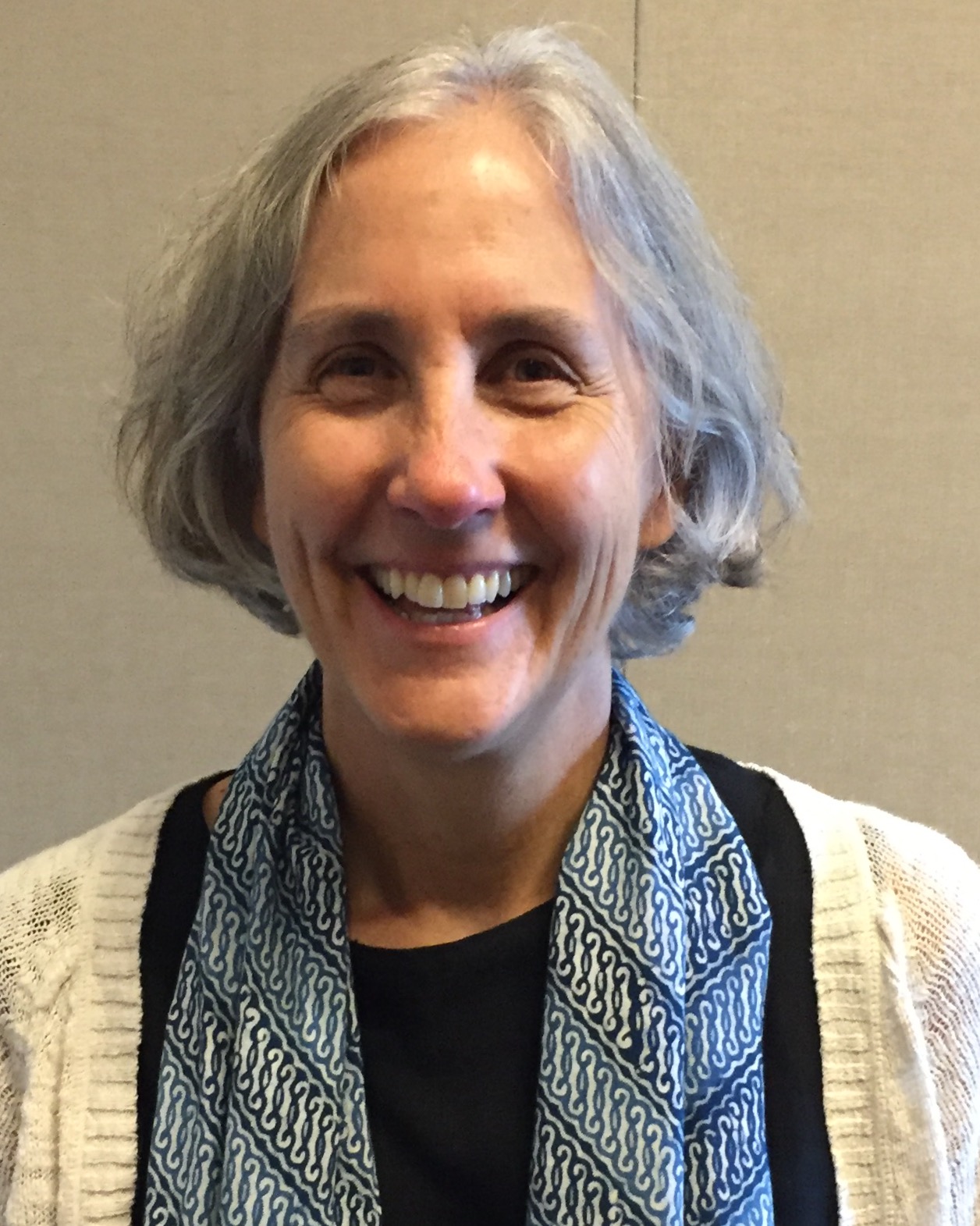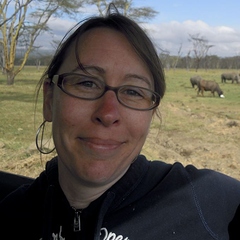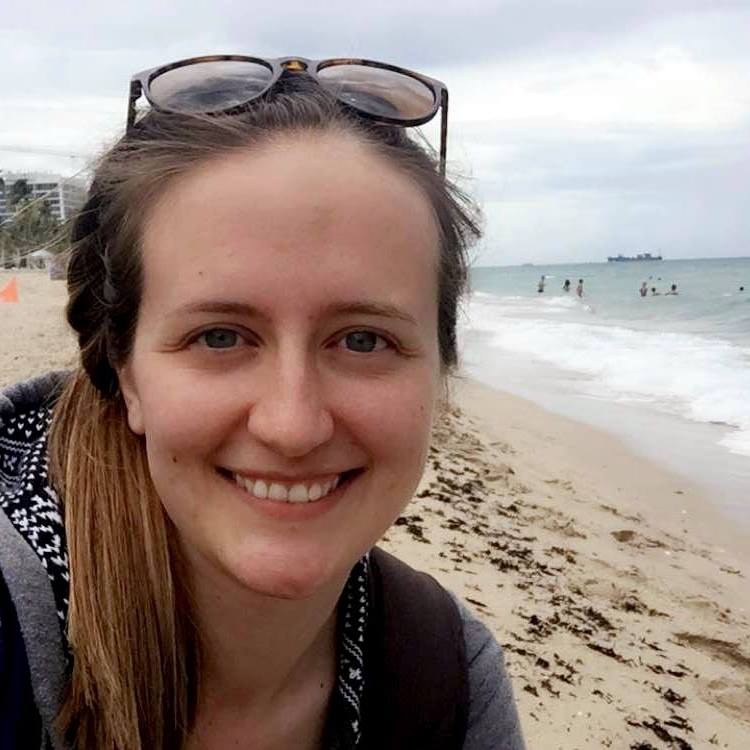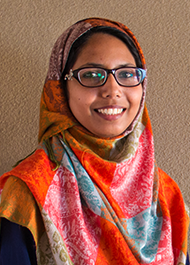Background
The Diversity Council started with a fruitful breakout session at the OpenMRS World Summit in Singapore, 2015. Participants discussed some indications of existing underrepresentation and how other organizations are being proactive about fostering more inclusive community development. Our high-level objectives include developing greater awareness around diversity issues, supporting community members, and helping promote inclusivity in event planning.
For more information, check out the OpenMRS Diversity Council Charter.
Current efforts
- Improve diversity and representation at conferences and hackathons
- Organize quarterly learning sessions on diversity and inclusion
- Collect and share links to resources
OpenMRS Peers
OpenMRS peers are available and committed to work with anyone dealing with uncertainty in community issues. Please feel free to get in touch!
| Bio | Fun fact | |
|---|---|---|
Theresa Cullen I am a family medicine physician and I still provide care in an emergency room setting. I have been involved in HIT for the last three decades, working with under-resourced and underserved populations to provide IT tools that help achieve health equity. In my journey, I have developed lots of skills in organizational management and behavior. I know that working with motivated and committed communities makes a difference. And, I have been in LOTS of meetings where I was the only woman, so I know that there is a glass ceiling that we are shattering! | I hiked to Ribbon Falls in the Grand Canyon when I was young, and back again 40 years later. It hadn't changed in forty years. How is that for geological time! | |
Jan Flowers I am a clinical faculty member at University of Washington. I’ve been in tech my whole adult life – a programmer for the first part, then getting into health informatics for the second part. My passion is social justice and health equity, so I began working using health information systems for resource constrained settings. Needless to say, working in tech, many times I have been the only woman on the team and know all too well the challenges of being heard and included! I love helping people find their voice in communities where they may be underrepresented and feel intimidated to speak up for a variety of reasons. I don’t always have all the answers, but I can at least be a good listener and be supportive! | My family and friends love board games, so a couple of times a month we get together and spend the night playing games together. Pandemic and Machi Koro are our current faves. I often lose because my husband is super competitive and really awesome at games, and I’m always trying to find ways to beat him! | |
Jordan Freitas I am a grad student in computer science. I'm interested in all things technology and social justice and OpenMRS was my first introduction to their overlap in the real world. Women and men in this community have helped me grow into the kind of developer (and person) I want to be! I love talking and brainstorming with anyone about these things, highs and lows of navigating our professional lives authentically, language learning, animals, smoothies, or other things. | When I was a teenager I was really into (razor) scooter tricks. | |
Maimoona Kausar I am Team Lead in Interactive Health Solutions and have been a software engineer for public health care sector since 2010. Working in this domain helps you think out of the box where innovation leads the way and your work is seen influencing the society to make lives better. For first few years I had been the only woman in tech department but glad to see the situation has changed over past few years. I am a big advocate of women rights and believe in making change on grass root level. Apart from professional life, I like to learn about different cultures and customs. I also love to see people from different social and geographical backgrounds working together for improving public healthcare. | I like horse riding but got a chance only twice |
Resources
Here we will collect links to articles, talks, and anything else we find inspiring or helpful in understanding diversity and cultivating inclusion.
- Scientific American: How Diversity Makes Us Smarter
- Academy of Management Journal 1: When and how diversity benefits teams: The importance of team members' need for cognition
- Academy of Management Journal 2: Creating hybrid team cultures: An empirical test of transnational team functioning ("homogeneous and highly heterogeneous teams outperforming moderately heterogeneous ones in the long run")
- Organization Science: Networks, Diversity, and Productivity: The Social Capital of Corporate R&D Teams
- IEEE: Diversity and Software Development (this one says that it's a hard problem to model)
- CHI 15: Gender and Tenure Diversity in GitHub Teams. ("when forming or recruiting a software team, increased gender and tenure diversity are associated with greater productivity")
- ESEM'16: Social Diversity and Growth Levels of Open Source Software Projects on GitHub ("we study the relation between [growth] and the reported social diversities for the team members of those projects. Results: Our findings highlight a statistically significant relation; however, the effect is small")
- ACM SIGSOFT: Why Do We Need Personality Diversity in Software Engineering? (demographic diversity leads to better generic problem solving)
- IEEE Transactions on Software Engineering: Conceptual modeling of coincident failures in multiversion software (this one is about diversity in methodological decisions - we would have to tie this to demographic diversity)
- Empirical Software Engineering: Empirical evidence in global software engineering, a systematic review (says that socio-cultural differences between team members are exacerbated by geographical/temporal distance "organizations try to minimize the exposure of geographical, temporal and cultural separation by requiring regular visits and synchronous work. ...it also means that successful distributed work has limitations....in order to correspond to the best practices in GSE, organizations shall either be prepared to ensure significant investments into team support (travels, communication and coordination overhead), or alternatively consider collaboration with nearshore locations")
- LERO: A framework for considering opportunities and threats in distributed software development (provides a table with different diversity measures common to distributed teams, including socio-cultural distance, aka demographic "diversity")
- EJISDC: Investigating Cultural Differences in Virtual Software Teams (says that global teams have special issues, geography & time make social differences worse)
- ACM: A follow up study of the effect of personality on the performance of software engineering teams (some work on personality differences; uses MBTI)
- Communications of the ACM: Who should work with whom?: building effective software project teams (focuses on personality differences with MBTI)
- Information & Management: Cultural diversity and information and communication technology impacts on global virtual teams: An exploratory study ("Results suggested that cultural diversity had a positive influence on decision-making and a negative influence on communication. ...Cultural diversity influenced selection of the communication media.")
- Journal of Management Information Systems: Team Cognition: Development and Evolution in Software Project Teams ("Gender diversity had a strong and positive effect on the development of team cognition and the effect remained stable over time.")
- Industrial Management & Data Systems: Effect of team diversity on software project performance. Knowledge diversity (KD) is very important to team performance. Gender/demographic diversity not addressed. "(KD) significantly increases task conflict, and task conflict positively affects team performance. Project leaders can leverage the knowledge differences of members in order to achieve higher performance."



